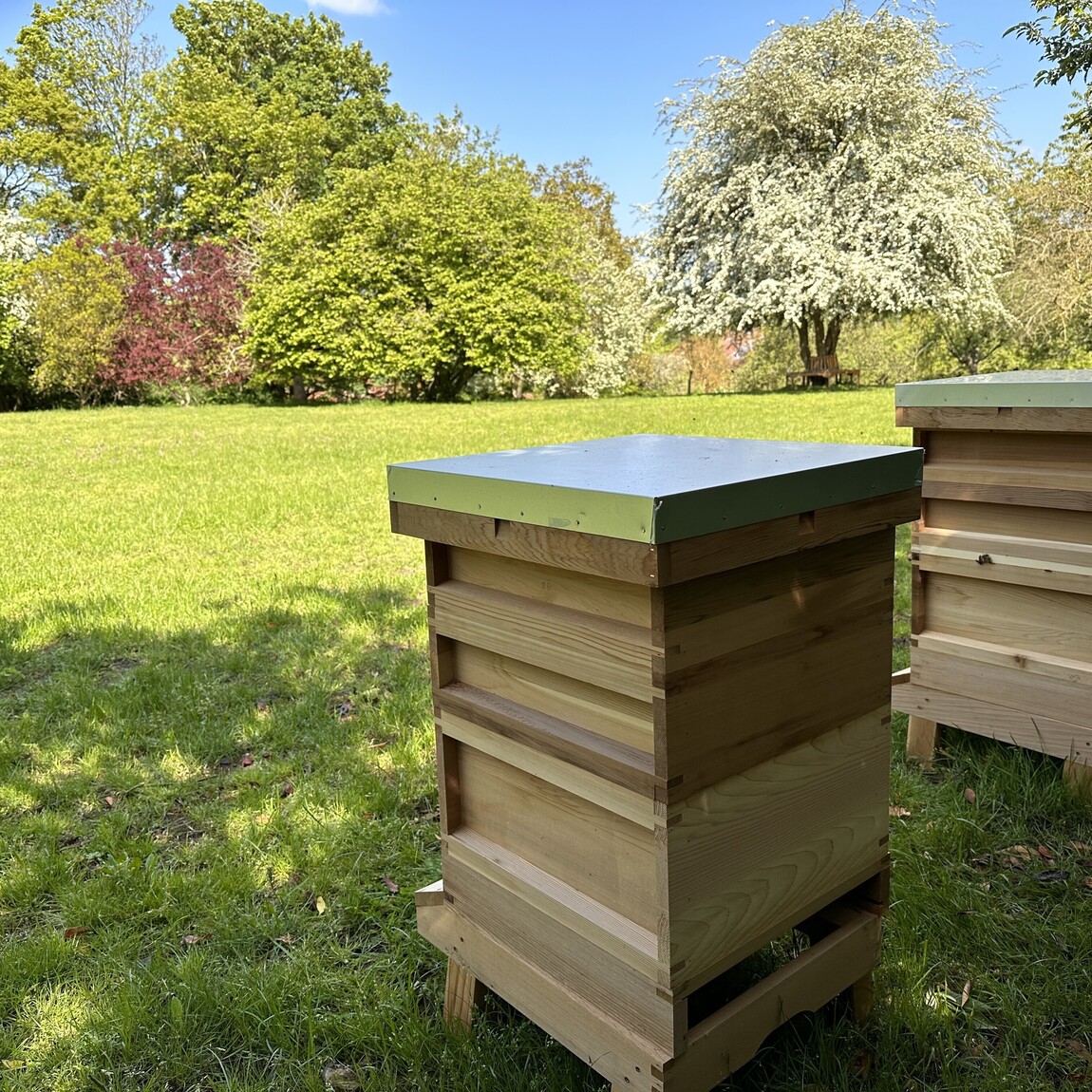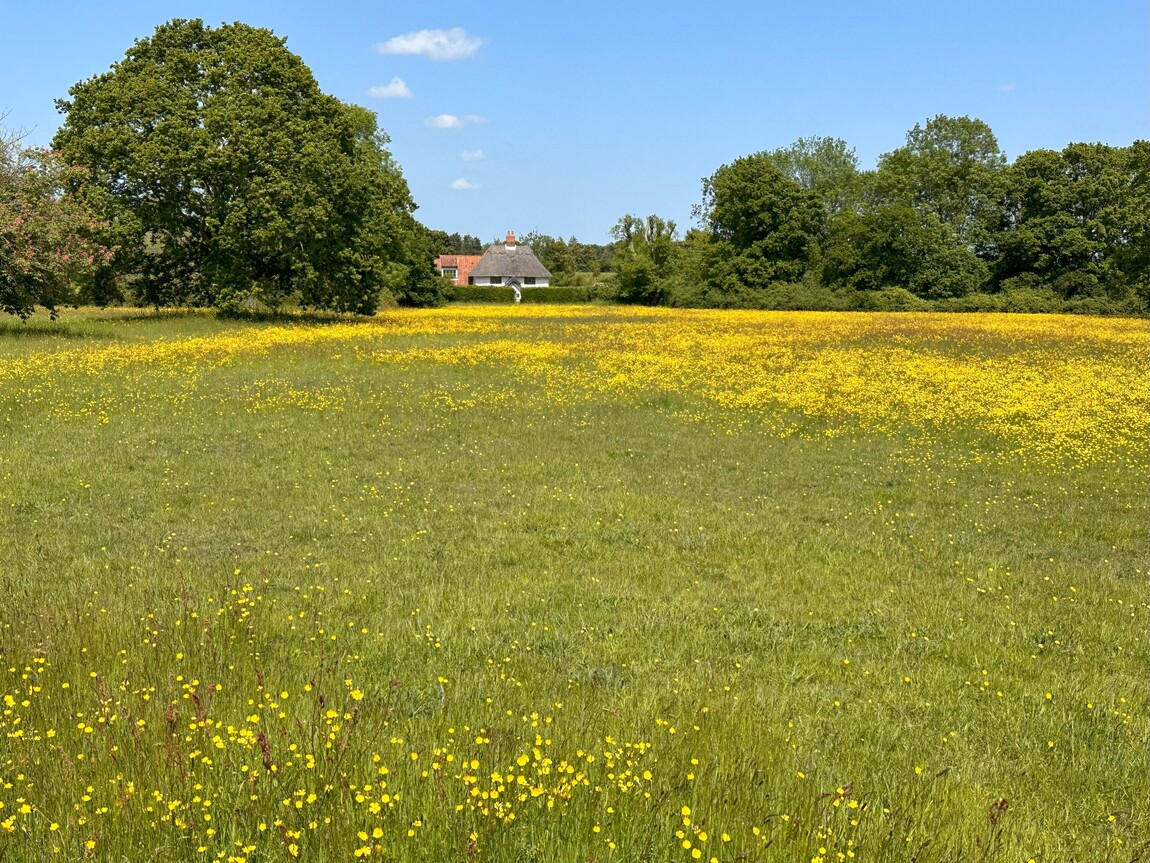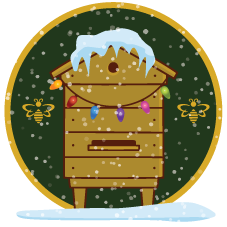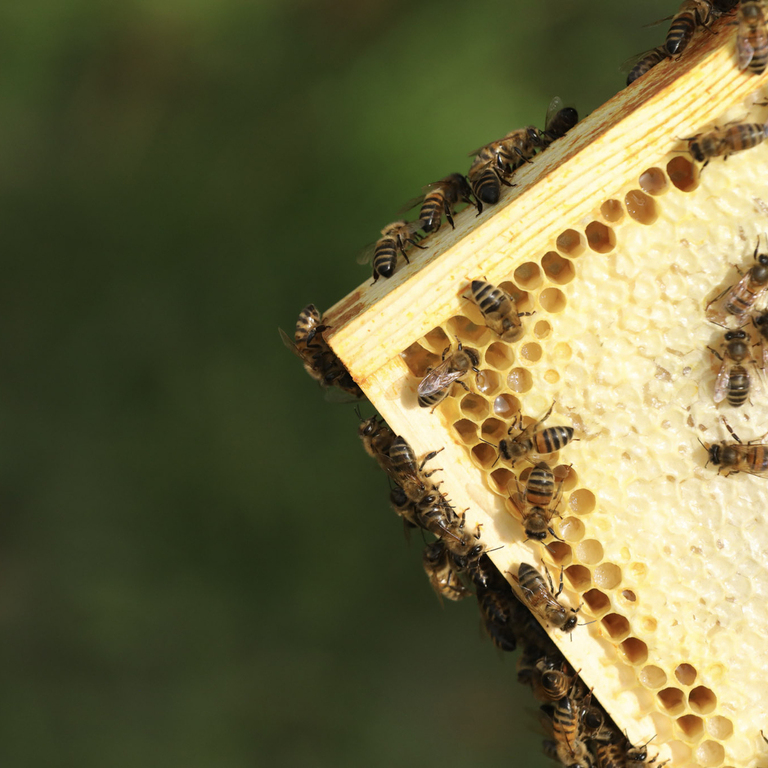
Bees play a crucial role in our ecosystem.
They are responsible for pollinating many of the crops that we rely on for food, such as broccoli, carrots, fennel, parsnips, turnips, kale, apples, raspberries, and tomatoes. Without bees, it would be much harder to produce many of our meat, egg, and dairy products, as bees pollinate many of the crops used for animal feed. They are instrumental in creating the habitats in which other plants and animals develop, and they contribute to control the growth and quality of vegetation. Bees are vital for the preservation of biodiversity and healthy ecosystems, and they are a key indicator of the condition of the environment.
The environment is important because it provides us with the natural resources that we need to survive, such as clean air, water, and food. It also provides us with the raw materials that we need to create many of the products that we use in our daily lives. The environment is home to many different species of plants and animals, and it is important to preserve these species for future generations. Healthy ecosystems are also important for regulating the climate and preventing soil erosion.
In summary, bees and the environment are important because they are essential for our survival and the survival of many other species on our planet. We must take care of them to ensure that we have a healthy and sustainable future.

Wild Flower Meadows
This is a marvelous example of a type of environment we want to create and protect.
Encouraging wildflower meadows offers numerous benefits for both the environment and our well-being.
*Biodiversity:* Wildflower meadows support a rich diversity of plant species. Unlike manicured lawns, which often consist of a few grass types, wildflower meadows host an array of native flowers. This biodiversity attracts various insects, birds, and small mammals, contributing to a healthier ecosystem.
*Pollinators:* Wildflowers are essential for pollinators such as bees, and butterflies. By providing nectar and pollen, these meadows sustain these vital creatures. In turn, pollinators play a crucial role in fertilizing plants, ensuring fruit and seed production.
*Low Maintenance:* Unlike mowed lawns that demand frequent upkeep, wildflower meadows thrive with minimal intervention. Once established, they require little watering, no fertilizers, and infrequent mowing. This low-maintenance approach conserves resources and reduces pollution.



